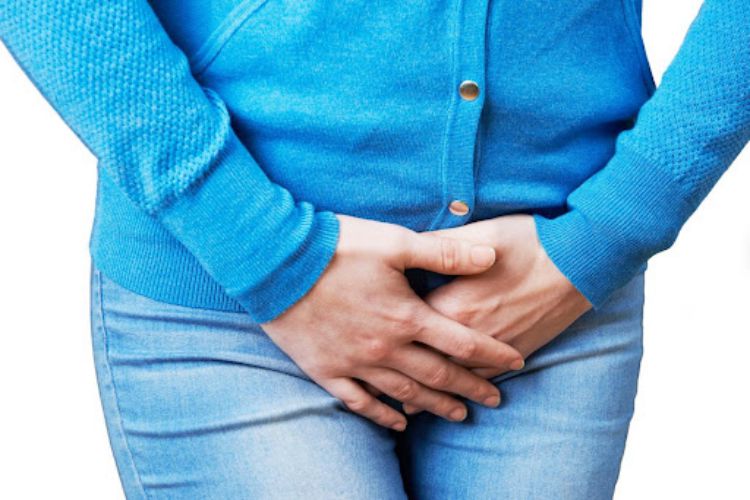 Between one-quarter and one-third of men and women in the United States struggle with urinary incontinence.
Between one-quarter and one-third of men and women in the United States struggle with urinary incontinence.
Are you incontinent? If so, this guide provides some valuable information that can help you find relief from your symptoms.
Read on to learn more about this condition, its causes, and how you can combat it.
What Is Urinary Incontinence?
Incontinence is characterized by a loss of bladder control.
Some people experience a slight amount of urine loss after they sneeze or cough. Others experience a complete inability to control their bladders.
Types of Bladder Incontinence
There are a few different types of incontinence one might struggle with, including the following:
- Postpartum incontinence: Occurs after pregnancy due to weakened pelvic floor muscles
- Stress incontinence: Caused by activity or stress on the body (jumping, laughing, coughing, sneezing, etc.)
- Urge incontinence: Caused by a sudden desire to urinate that you can’t postpone
- Overflow incontinence: The bladder doesn’t empty all the way, which causes it to become fuller faster and requires more frequent trips to the bathroom.
Always consult a doctor when struggling with urinary incontinence. They can help you determine which kind of incontinence you’re dealing with and the best way to handle it.
What Causes Incontinence?
Sometimes, as is the case with postpartum incontinence, the cause is quite clear. However, there are plenty of other factors that can contribute to a loss of bladder control, including the following:
Diet
Certain foods may cause temporary incontinence, such as diuretics like alcohol and caffeine. Some people also notice that spicy, sugary, or acidic foods can worsen their incontinence, as can foods that contain artificial sweeteners. Large doses of vitamin C (which can act as a diuretic) may cause incontinence as well.
Medical Conditions
Treatable medical conditions like urinary tract infections are often accompanied by incontinence. Incontinence can also be a sign of more serious conditions, though, like enlarged prostate, prostate cancer, urinary obstructions, and neurological disorders (Parkinson’s disease, multiple sclerosis, etc.).
Age
As you get older, your chances of developing incontinence increase. Age and inactivity can weaken the pelvic floor muscles (as well as the muscles in the bladder and urethra) and lead to more frequent incidences of urinary incontinence.
How to Treat Incontinence
Once your doctor has helped you to determine the cause of your bladder leakage, they may recommend several different treatment options. The following are some of the most common:
- Behavioral techniques like bladder training and double voiding
- Exercises to strengthen the pelvic floor muscles
- Medications like anticholinergics and alpha-blockers
- Electrical stimulations to strengthen the pelvic floor
In severe cases, your doctor may also recommend surgery. This option is usually the last resort, though.
Say Goodbye to Bladder Incontinence Today
Urinary incontinence is a frustrating and often embarrassing condition. The good news, though, is that there are lots of steps you can take to manage it.
Consult your doctor today and talk to them about the treatment options discussed above. They’ll help you to get your symptoms under control in no time.
Don’t forget to check out the Health section of our blog as well for more guidance.




